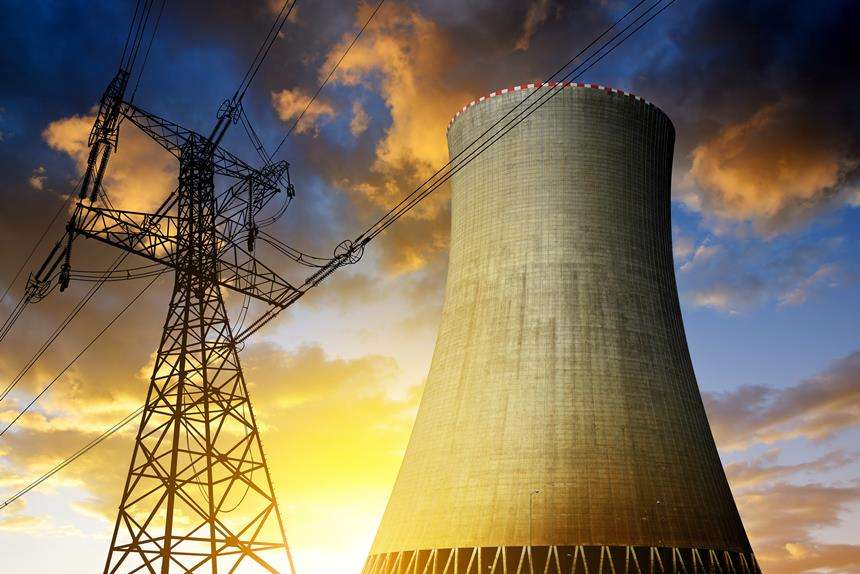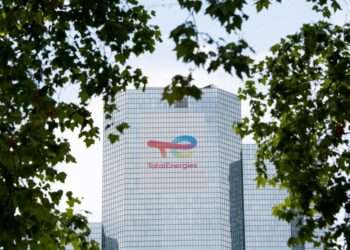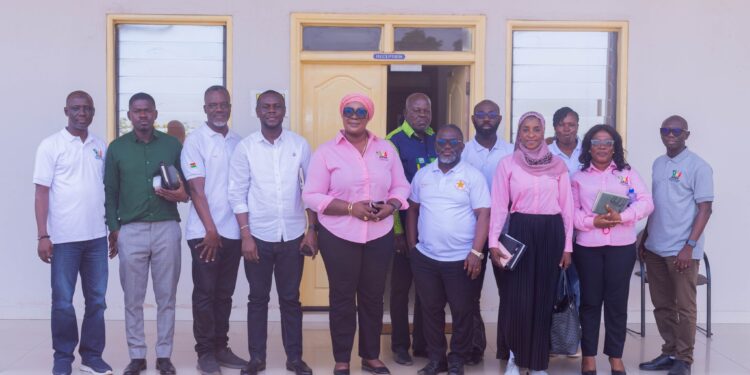At the African Prosperity Dialogue 2025, Ghana’s Minister for Energy, John Jinapor, emphasized the urgent need for innovative solutions and strategic partnerships to tackle Africa’s persistent energy challenges.
Despite the continent’s vast natural resources, nearly 600 million people remain without access to electricity, a major obstacle to achieving the Africa Energy for All agenda.
Speaking during Day 2 of the summit, Minister Jinapor urged African governments, policymakers, and private sector stakeholders to embrace new technologies, sustainable investments, and bold leadership to address the energy crisis.
“Africa’s energy challenges require bold leadership, new technologies, and stronger collaborations between governments and the private sector.
“Without these, universal energy access will remain a distant goal.”
John Jinapor, Minister for Energy and Green Transition
The discussions at the African Prosperity Dialogues (APD) 2025 align with broader efforts to support the African Continental Free Trade Area (AfCFTA) by advancing industrialization, trade, and infrastructure development—all of which depend on a stable and reliable energy supply.
Despite being home to some of the world’s largest untapped renewable energy sources, Africa faces severe power shortages that hinder economic growth, industrial development, and quality of life. Minister Jinapor outlined the major challenges affecting the continent’s energy sector.
“Aging power grids and limited transmission networks hinder electricity distribution, especially in rural areas.
“Insufficient investments in energy infrastructure make it difficult to expand generation capacity.”
John Jinapor, Minister for Energy and Green Transition
Many African nations rely on expensive and environmentally harmful thermal power generation. Unclear energy policies and bureaucratic hurdles discourage private-sector investment.
“Although Africa has abundant solar, wind, and hydro resources, large-scale adoption remains slow due to high initial costs and inadequate incentives.
“Political instability and regional conflicts disrupt energy projects and supply chains.”
John Jinapor, Minister for Energy and Green Transition
African Prosperity Dialogues in Energy Transformation

Energy
The African Prosperity Dialogues (APD) serve as a strategic platform for policymakers, business leaders, and investors to discuss and implement solutions to Africa’s economic and energy challenges.
The event brings together key stakeholders from government, private sector, and international organizations to deliberate on initiatives that support the African Continental Free Trade Area (AfCFTA) and promote industrialization, trade, and infrastructure development.
This year’s APD discussions focus on addressing Africa’s energy crisis by promoting innovative financing models, technology-driven solutions, and policy reforms that can accelerate the transition to a more sustainable and inclusive energy future.
As African economies expand, demand for electricity is set to double by 2040. The success of Africa’s industrialization, digital transformation, and manufacturing sector will largely depend on how well the continent addresses its energy supply challenges.
Minister Jinapor and other energy leaders at APD 2025 are advocating for a “continent-wide approach to solving Africa’s energy crisis.”
Regional power pools, such as the West African Power Pool (WAPP) and the Southern African Power Pool (SAPP)—could be instrumental in creating a more connected and resilient energy market.
The Africa Energy for All agenda is within reach, but it requires bold leadership, private-sector engagement, and smarter investments in sustainable energy solutions.
Minister John Jinapor’s address at the African Prosperity Dialogue 2025 underscores the urgency of implementing scalable energy solutions that will bridge Africa’s energy gap and fuel economic transformation.
As governments, investors, and energy experts come together, Africa has the opportunity to redefine its energy future—not just by catching up with global energy standards but by becoming a leader in sustainable power solutions.
With the right mix of innovation, financing, and strategic partnerships, the next decade could mark a turning point in Africa’s journey toward energy independence and industrial prosperity.
READ ALSO: Ablakwa Vows Sweeping Reforms at Foreign Affairs Ministry





















